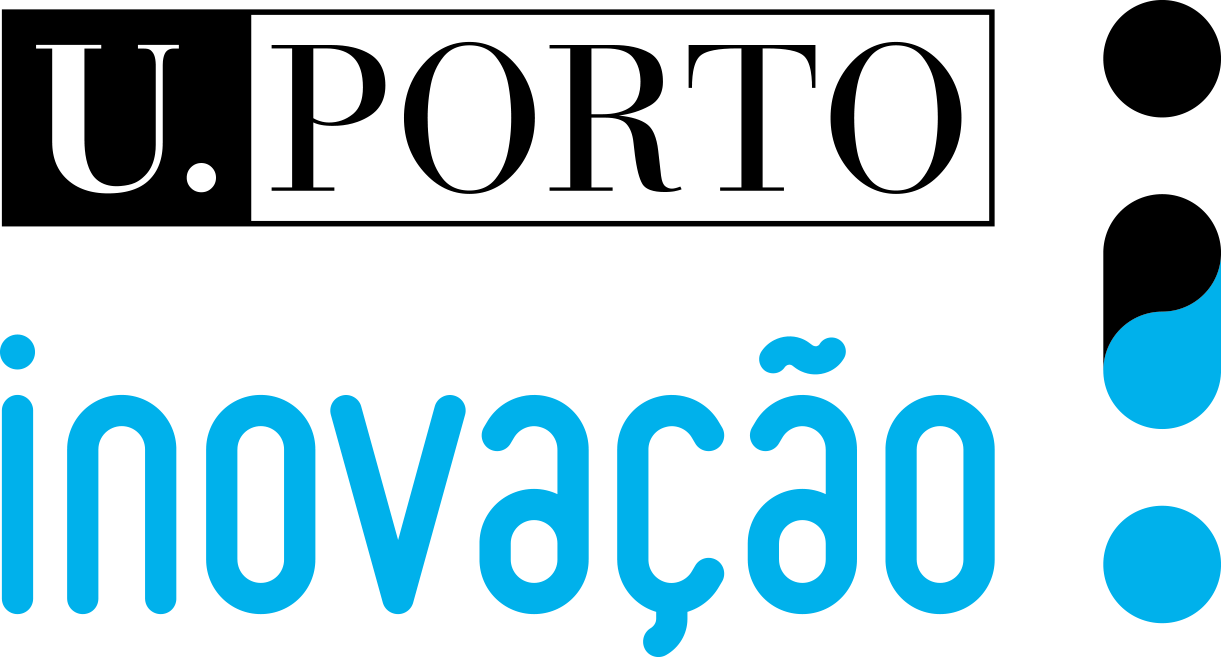
The direct CO2 hydrogen to methanol is an equilibrium-limited reaction with a rather low equilibrium hydrogen conversion of around 30 %. To make this relevant reaction more attractive, it is necessary to increase the hydrogen conversion. This patent discloses a new membrane reactor equipped with a highly permeable membrane to steam and impermeable to hydrogen and CO2.
These products leave the reactor at elevated temperature and pressure, which allows the integration of this reactor with a membrane process to selectively remove the steam and use the methanol at elevated pressure and temperature for feeding another process, such as dimethyl ether synthesis. Methanol is emerging as an important feedstock and a promising clean and renewable energy carrier.
Membrane reactors for methanol production are a strategy to overcome the very low reaction equilibrium conversion of direct CO2 hydrogenation to methanol. It is reported that using a steam permselective membrane reactor can result in a substantial production rate increment of ca. 2x compared to a conventional reactor. In this context, this technology discloses the use of a supported PBI film loaded with hydrophilic materials as a selective membrane, allowing reaction conversions of ca. 70 %.
The technology's core strengths rely on its ability to reach a higher conversion rate for the CO2 direct hydrogenation reaction and have a steam-selective membrane resulting in a production rate increment of ca. 2x. This technology significantly enhances green methanol production, being capable of transforming CO2 emissions into green methanol, which can be used as feedstock to the chemical industry and as a renewable fuel.
The growing market demand for methanol presents significant market opportunities. Possible applications of this enhanced polymeric membrane reactor would be chemical manufacturing and synthetic fuel production.






